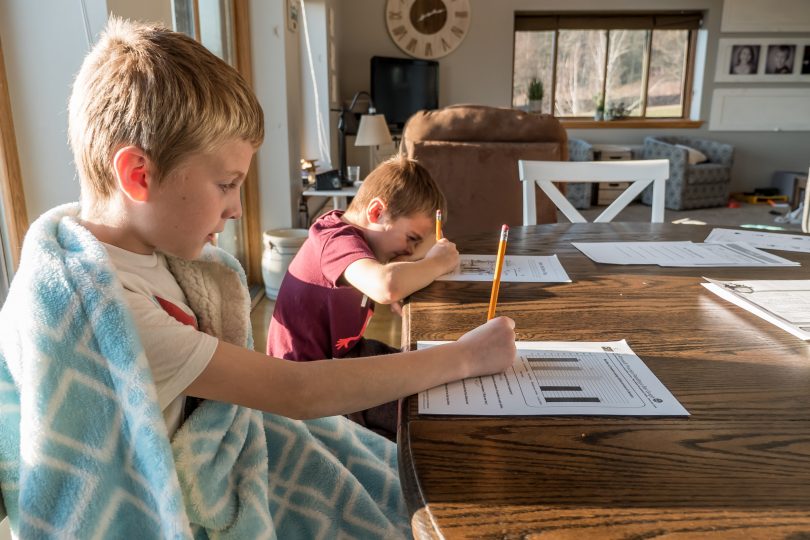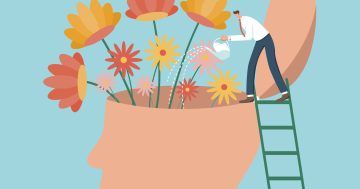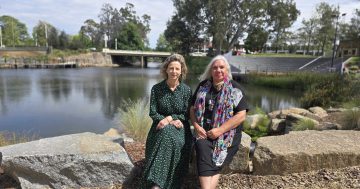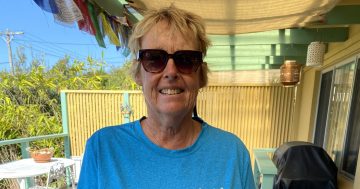
Children home-schooling during the COVID-19 lockdown. Photo: Jessica Lewis.
The past two years have tested our resilience as a nation. It’s almost unnecessary to repeat the formidable four – drought, bushfires, floods and a global pandemic – because if you haven’t lived through them, you would have been touched by them in some way.
So, as we face yet another lockdown while health officials grapple with the latest COVID-19 outbreak, it’s hard not to wonder about the toll this is all taking on our long-term mental wellbeing.
Dr Belinda Thewes is a clinical psychologist in Moruya on the NSW South Coast. Simply put, she’s seen the worst of what many of us can only imagine while living and working in the epicentre of the recent bushfires and floods.
Now, with the addition of the pandemic, she’s noticed a significant rise in stress, anxiety and demand for mental health services.
“Where people had pre-existing tensions or frictions at home, the pandemic has just made things worse. I also see growing problems of loneliness and social isolation,” said Dr Thewes.
“As I primarily work with people with chronic health conditions, another disturbing trend I am seeing is people delaying seeking healthcare because they are afraid to go into clinics or hospitals. It is understandable but, if overseas data is anything to go by, what we’ll see down the track is increases in preventable deaths and hospital admissions.
“Telehealth is a great way for people to continue to access the physical and mental health services they need throughout the pandemic.”
With infections rising, so are tensions – from the protests in Melbourne and Sydney, to panic buying, and shorter fuses generally.
“It’s normal to feel a range of strong emotions when we experience any loss. COVID-19 has brought about many losses; loss of life, jobs, livelihoods, important family celebrations, events, milestones and the predictability of the life we once knew,” said Dr Thewes.
“I think it’s helpful to just acknowledge we are all going through a protracted period of stress and to cut ourselves and others a bit of slack.”
The hot word of late is resilience and Australians like to think they’re a tough bunch, but have we reached our limit after multiple natural disasters?
“I think resilience is a skill we can all continue to develop and humans are generally more resilient than they think. If there is any silver lining, I think it’s that this period provides a teaching moment for our young people that life is not always predictable,” said Dr Thewes.
Young people have, in some ways, been overlooked when it comes to talking about the impact of the pandemic. Yet, not only are they living it, their lives have changed dramatically with homeschooling.
In fact, Dr Thewes said her greatest concern right now is young people’s mental health after seeing a sharp rise in depression and anxiety among this age bracket over the past two years.
“Home-schooling creates a double-edged sword around access to technology because we need young people to be using technology to complete their education at the moment, but we also know spending more than three hours on a screen per day is associated with an increased risk of depression, anxiety symptoms and sleep problems,” said Dr Thewes.
So, what can adults do to ease the strain?
“I think acknowledging it’s a tough and unusual time for everyone by talking about it is helpful. Kids often don’t have the vocabulary to talk about their feelings, so reminding ourselves that when we see new behavioural problems it may just be a sign they are stressed too,” said Dr Thewes.
It’s also important for adults, particularly those who have lost work or are working from home, to acknowledge they are going through a stressful period.
“It’s helpful to create a little space for that but not to focus on it. I am also a big believer in creating routines that involve a bit of exercise, a bit of social activity (even if it’s just a phone call), a bit of fun and doing something that gives us a sense of achievement every day.”
If you think you could benefit from accessing mental health services, speak with your GP or visit Beyond Blue.














